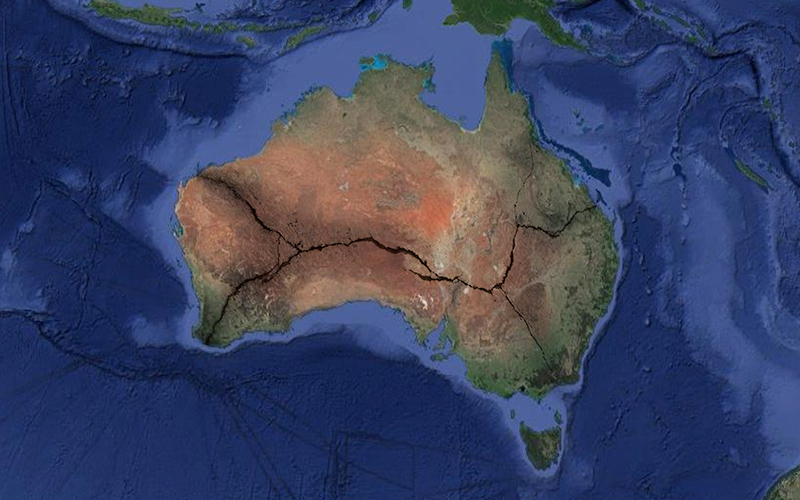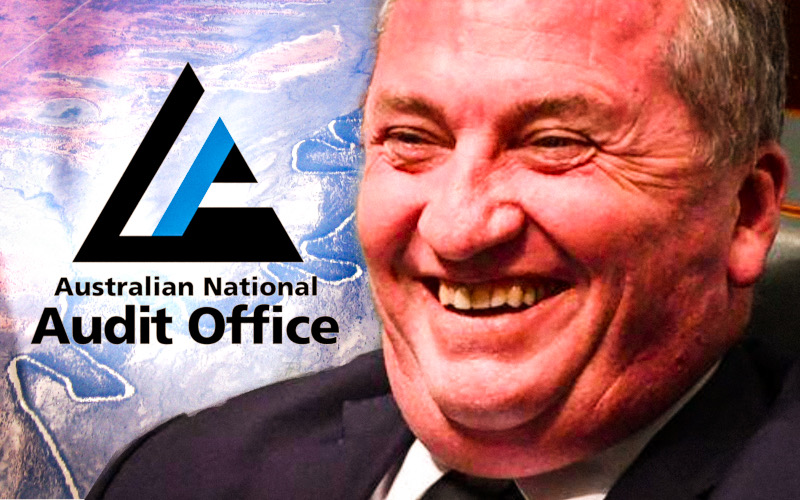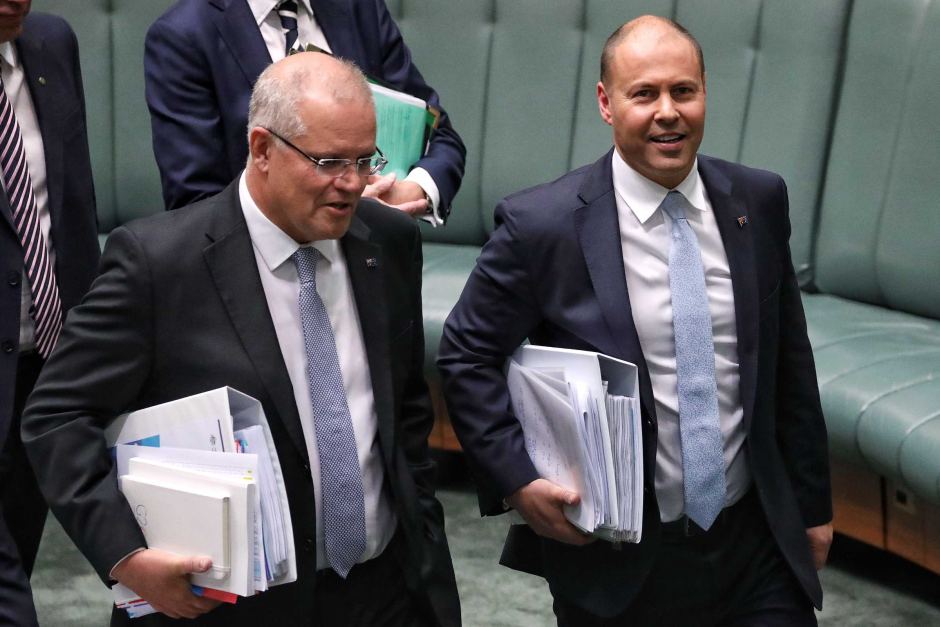Content warning: this article contains descriptions of murder and mentions of rape
As Sabina Nessa’s killer was jailed for life, Priti Patel used the sentencing to further her own agenda. The self-promoting Home Secretary tweeted that tackling violence against women and girls was “central to my Beating Crime Plan”. But as Sabina’s sister, Jebina Islam, pointed out, the family has received no support at all from the government.
She argued:
Lack of support from yourself and Boris Johnson just shows how ‘important’ it is to tackle male violence to you guys.
Sabina was horrifically assaulted and murdered by a man in September 2021. Her death is just one example of how the state has failed Black and Brown women and girls, both in life and after their death.
Shukri Abdi
Let’s take a few examples. There’s 12-year-old Shukri Abdi, who drowned in a river in June 2019. She was failed by the state at all levels. Just one day after her death, before they had even properly investigated, Greater Manchester Police released a statement ruling out suspicious circumstances. In fact, the Detective Inspector warned the public of the “dangers of playing near or swimming in rivers”, implying that Shukri, who couldn’t swim and wouldn’t go near rivers, had just been playing. Shukri had been bullied at school, and was last seen with a group of children by the river. The school launched their own internal investigation into the bullying, which the family stated was completely inadequate.
In December 2020, a coroner concluded that Shukri’s death was an accident. Meanwhile, the Independent Office for Police Conduct (IOPC) released a report dismissing every single one of Shukri’s mother’s complaints, stating that the police’s lack of action was not racially motivated.
In January 2021, the lawyers of Shukri’s mother launched a civil action against the police, stating that Greater Manchester Police had failed on many levels in the investigation, and that the police were institutionally racist.
Maz Saleem, part of the Justice4Shukri campaign, said at the time:
The family has maintained the firm position that they have been unfairly treated by GMP from the outset due to their status as a refugee family.
Nicole Smallman and Bibaa Henry
There’s also the case of sisters Bibaa Henry and Nicole Smallman, who were stabbed to death in a park in Wembley in June 2020. Their family had to search for the women themselves after receiving no immediate help from the Metropolitan Police. Their mother, Mina Smallman, said of the police:
I knew instantly why they didn’t care.
She continued:
They didn’t care because they looked at my daughter’s address and thought they knew who she was. A black woman who lives on a council estate.
When the police did finally come to the scene, officers took selfies of themselves with Bibaa and Nicole’s dead bodies. Mina said:
If ever we needed an example of how toxic it has become, those police officers felt so safe, so untouchable, that they felt they could take photographs of dead black girls and send them on. It speaks volumes of the ethos that runs through the Metropolitan Police.
In October 2021, an IOPC investigation into the force’s actions found that the level of service by the Met was “below the standard that it should have been”. These words will, no doubt, have added insult to injury for the grieving family.
Blessing Olusegun
And then there’s Blessing Olusegun. The 21-year-old was found dead on a beach in Bexhill on 18 September 2020. No-one has been charged with her murder. Sussex police treated the case as “unexplained” but not suspicious, with a postmortem stating that she died by drowning.
Blessing’s mother said:
We maintain that the circumstances of her death were suspicious and should have been treated as such by the police.
She is working with a legal team to do:
everything in our power to find the answers we are looking for.
Sending messages about rape
Speaking out about the handling of her daughters’ murders, Mina Smallman says she has been gaslit by the police. But if we look at just a few examples of police racism and misogyny, it will perhaps come as no surprise that Black and Brown women and girls are consistently failed by the state.
Back in 2018, the IOPC began the Operation Hotton investigation into police officers’ conduct at Charing Cross police station. In January 2022, it issued a “learning” report to the Met, highlighting:
Inappropriate behaviour by officers, including, racism, misogyny, harassment and the exchange of offensive social media messages.
The IOPC report stated that officers attended a festival dressed as known sex offenders and a molested child, and found “numerous messages” in various police WhatsApp groups “about rape and ‘raping’ each other”. One police officer even sent messages saying:
““I would happily rape you”; “if I was single I would actually hate fuck you” and “if I was single I would happily chloroform you”.”
The IOPC refused to name one ex-police officer, who:
repeatedly used a racially offensive term during a Christmas social event while off-duty and his phone was subsequently found to contain offensive images and comments about women, people from ethnic minorities and people with disabilities.
Another ex-police officer was found to be:
exchanging inappropriate messages about women, drugs and domestic violence
They were also accused of:
sending texts containing offensive and inappropriate language, including some of a racial nature.
Then, there’s at least 194 women who have been murdered by the police and prison system in England and Wales. Back in May 2021, Channel 4 News reported that 129 women had come forward in the last two years to report that their police officer partner was abusing either them or their children.
Racial disparity
Of course, we can’t ignore the fact that when a white woman or girl is murdered, the state and the media are more likely to pour their resources into a case. The Canary’s Sophia Purdy-Moore has pointed out that:
As of February 2020, the Met Police has spent over £12m on the then 13-year search for Madeline McCann. But Aisha Ahmed from Minority Matters says that when it comes to investigating missing young people from Black and ethnic minority backgrounds, police “claim to be under-resourced”.
Perhaps the best known example of racial disparity is the case of Sarah Everard, who was murdered by a Met police officer. The mainstream media and the public were, rightly, outraged by Sarah’s murder, and it made front page news for weeks. But as I asked at the time, where was the outrage and grief for missing and murdered Women of Colour?
Don’t be fooled by empty promises
As Priti Patel continues to use the murders of women like Sabina Nessa to further her own publicity, we must make sure we’re not fooled by the Tories’ empty promises to eradicate deeply-rooted misogyny and racism in the country. Patel has stated that she is:
listening to women and girls up and down the country.
But at the same time, she is responsible for passing new laws that actually make women less safe. She is also giving some of the country’s most violent men – police officers – inexhaustible new powers through both the police bill and the Covert Human Intelligence Sources Act, which was passed in 2021.
It is essential that all of us shout out loud to get justice for women and girls like Shukri Abdi and Blessing Olusegun. It is vital that we fight impending new police powers which will no doubt affect Black and Brown communities the most. Enough of white silence: we all need to be allies.
Featured image via Pour Paris, resized to 770 x 403 px, licensed under Wikimedia Commons Attribution-Share Alike 2.0 Generic license.
By Eliza Egret
This post was originally published on The Canary.























